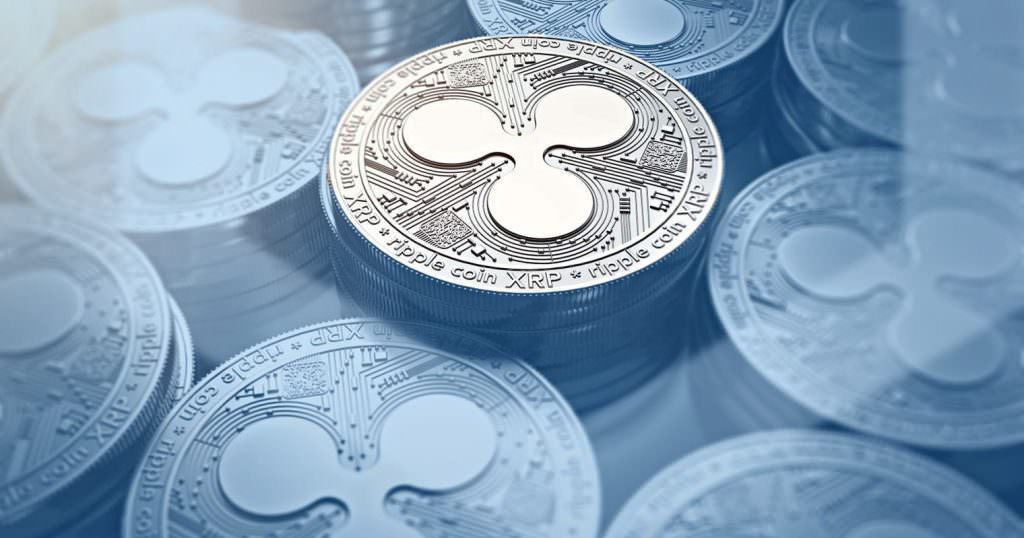
Every day, companies and consumers around the world send over $75 billion in payments through massive network of banks; Without this flow of money, as one would expect, everything simply stops. In an attempt to better serve the banks, Ripple, the San Francisco based tech company, has spent the past six years trying to rewire this global system with what it calls an “internet of value.”
In 2012, the company set out to create its streamlined, decentralized payment system using technology inspired by the blockchain. From the outset, it hoped XRP would be an important part of it. The company owns a very large amount of the digital token XRP, and from late September of last year to early January, the token saw an amazing 1,300 percent increase in value — making the gains of rivals Bitcoin and Ethereum look minuscule in comparison.
XRP in escrow
Most XRP are held in escrow and can be sold only in limited chunks, over time, to avoid crashing the market. There are 100 billion of the tokens and, according to Ripple’s website, the company holds about 61 billion — with a value of $1.31 each today, January 25th, that’s about $80 billion.
One huge plus for Ripple is that XRP, unlike, say, Bitcoin, has just one narrowly defined focus: To help banks move cash from point A to point B quicker and cheaper — especially across borders. For example, the token could be used as a sort of bridge currency. Pesos in Mexico City could be turned into XRP, which could then be turned into baht in Bangkok. Having this sort of payment system could help banks avoid the hassle and expense of tying up money in different currencies in accounts at other banks.
Banks cautious
But here’s the problem: A lot of banks are shying away from the idea of using XRP. In fact, a group of current and former executives at seven global banks — some of whom have partnered with Ripple — said there was a small chance they would trust a cryptocurrency with their funds. The executives requested anonymity. Illustrating further doubt surround XRP, according to an executive in the cross-border payment industry, there was no way they could use an instrument that regulators may never approve.
